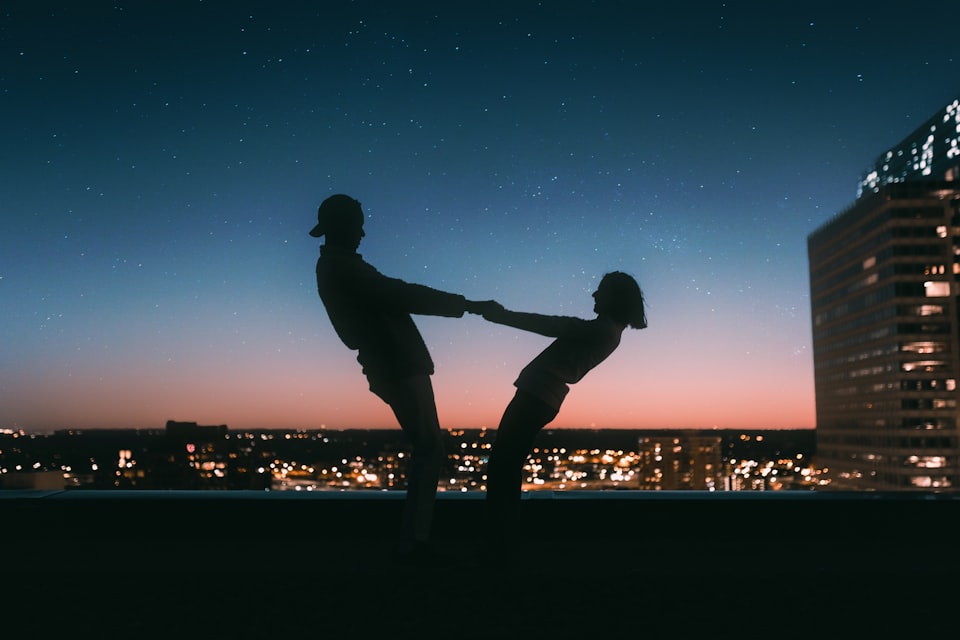How to Cultivate Healthy Relationships In Your Life
The level of health you experience in your relationships directly correlates with your personal capacity for relational health.

It's tough to know your relationships are healthy these days, isn't it?
Is this irreconcilable differences or can we work it out?
Am I triggered or is this actually a problem?
Is this bad for my mental health or is it an opportunity for growth?
Is this gaslighting or is it a disagreement?
Is it them, or is it me?
It’s tough to know. And I’m not only talking about romantic relationships either. Friendships, work connections, and family relationships are all affected by pop psychology.
We want to use it for good. We want to heal and be healthier in our relationships with one another.
But how do we do that? And how do we know we’re doing it "right"?




